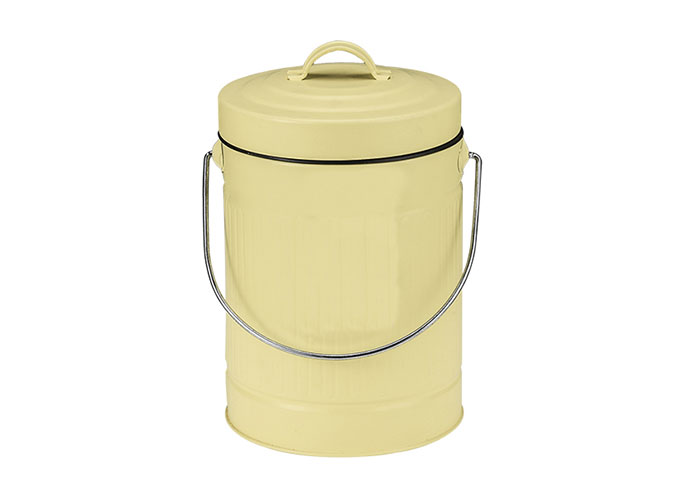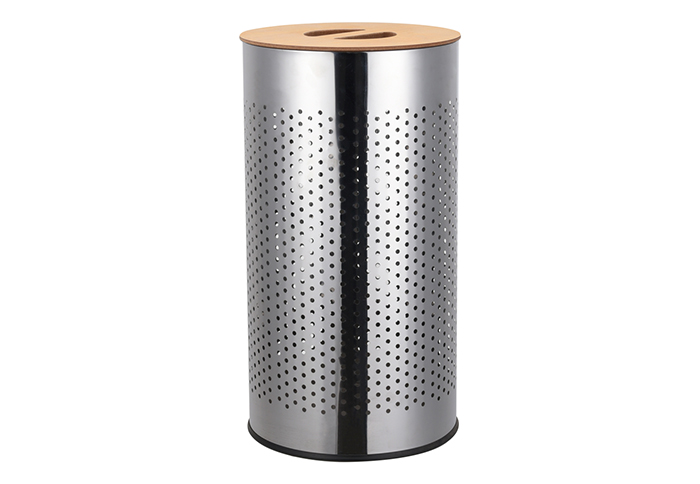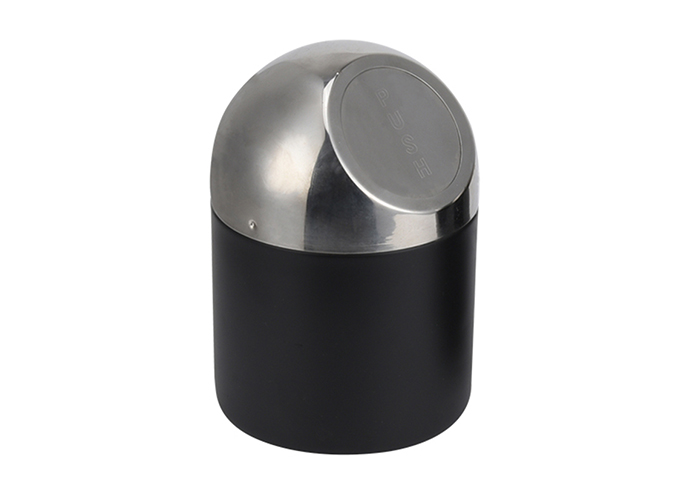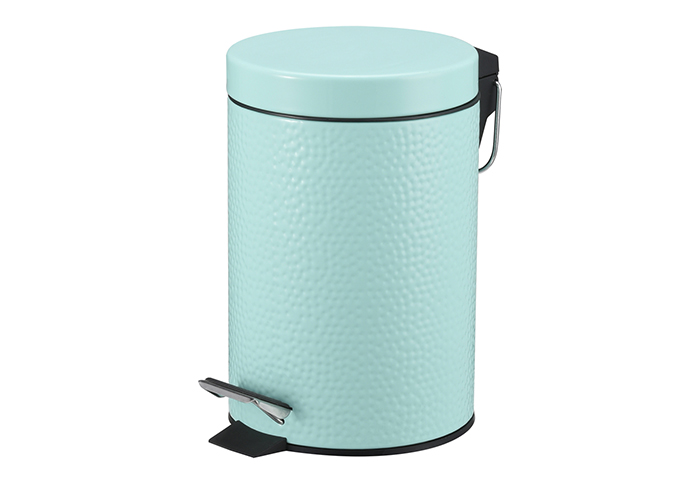What Size Trash Can Do You Really Need?
When it comes to choosing the right size trash can, it's easy to think bigger is better, but that’s not always the case. Sure, you might think a larger trash can means fewer trips to the curb, but it could also lead to overflowing bags, unsightly clutter, or even smells that linger a little too long. On the flip side, a trash can that's too small might have you running out of space for your waste halfway through the week. So how do you figure out the perfect size for your needs?
Let’s start with the basics: kitchen trash cans are typically where most people get hung up. If you’re like me, you probably generate a fair amount of waste—scraps from cooking, packaging, and random items you didn’t even realize you had. For a household of one or two people, a 10-13 gallon trash can might do the trick. It’s big enough to handle daily waste without taking up too much space in the kitchen. However, if you have a larger family or just cook a lot (hello, meal prep), you may want to bump up to a 20-30 gallon can. It sounds massive, but if you’re always reaching for a second bag mid-week, it might be worth considering.
Think about how often you take out the trash. Smaller cans (under 10 gallons) might seem like a good idea if you're on your own or have a minimalist setup, but they could lead to frequent bag changes and, let’s face it, a bit of extra work. Plus, these small cans are often easy to overlook when it comes to odor control. If your bag is full by the third day and you’re scrambling to find a new one, you’ll probably find yourself wishing you had a little extra room. A 13-gallon can, for example, tends to strike the right balance for many single households and small families, giving you enough space for a few days’ worth of waste without constantly running out of room.
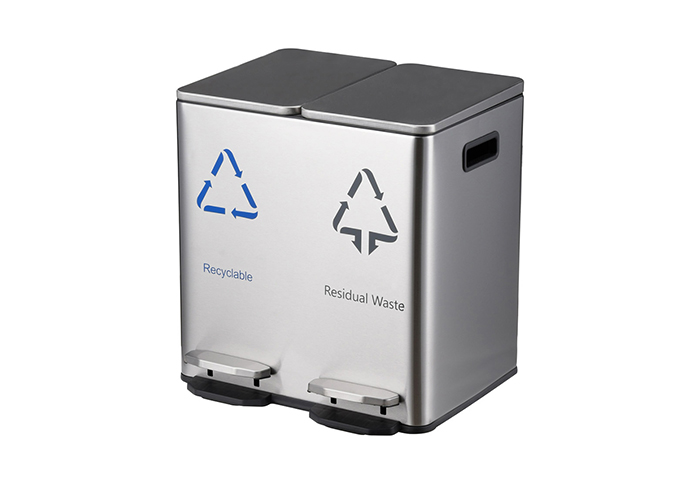
On the other hand, larger trash cans—20 gallons or more—are fantastic for larger families or those who tend to accumulate waste quickly. These can hold more, meaning fewer trips to the curb, but here’s the catch: if you don’t fill them regularly, they can become a bit of a nuisance. Think about the sheer volume of trash and whether you’re truly using all that space. If you don’t mind a little extra maintenance or live in a home with a lot of people, go ahead and size up, but be prepared to deal with the occasional stinky bag lingering in there longer than you'd like.
One thing I’ve noticed is that the shape of the trash can also plays a role in determining what size you really need. If you’re short on space, a tall, narrow can might fit better than a wide, bulky one, even if the capacity is the same. These cans can tuck neatly into corners or under counters without sacrificing too much in terms of volume. For people with tight spaces—like those in apartments or smaller kitchens—a 10-13 gallon can may actually work better than its larger, round counterpart, since it’s easier to find a spot for it.
Now, let’s talk about trash can capacity by room. The kitchen is usually the most important, but you’ll want to think about other rooms in your home too. Bathrooms, for example, typically require smaller cans since they tend to only hold items like tissues, empty shampoo bottles, and packaging. A 3-5 gallon trash can is plenty for most bathrooms. Similarly, bedrooms or home offices don’t need massive bins. A 5-gallon can or a smaller 7-gallon option will do just fine for empty cups, snack wrappers, and the occasional paper.
Another factor is how much recycling you do. If you’re sorting out glass, plastic, and paper regularly, you’ll likely need separate bins for each category. In this case, you’ll probably want to size up for your general waste bin so that you can dedicate smaller cans for recyclables and compost. Going green with recycling isn’t just a trend—it’s about practicality too. Many recycling programs require separate bins, and if you're keen on making your recycling as easy as possible, consider setting up a system with matching sizes that allow you to sort waste without overwhelming your main can.
Finally, let’s not overlook the style and design of your trash can. I know, it’s not the first thing you think about when you consider size, but a trash can is a functional item that often sits in a prominent spot, so it needs to fit in with your decor. Large, bulky trash cans might look awkward in smaller spaces, whereas a sleek, compact design can feel like a part of the furniture. If you’re going for a minimalist or modern look, finding a trash can that blends seamlessly with your design might lead you to choose something a bit more compact than you initially thought.
As for maintenance, smaller cans are often easier to clean, but larger ones can sometimes have a better sealing mechanism, which means fewer odors escaping and easier bag changes. That’s especially important if you’re looking for something that will stay fresher longer and not turn into an eyesore in your kitchen or bathroom.
To sum it up, finding the right trash can size is more about matching the capacity to your lifestyle than simply choosing the biggest option. Whether you’re a solo renter or managing a busy family, getting the size right can help with efficiency, cleanliness, and convenience. It’s all about finding the right balance between volume, frequency of trash disposal, and the space available in your home. Once you’ve nailed that, your trash can will go from being just an essential item to a silent, reliable helper in your daily routine.
